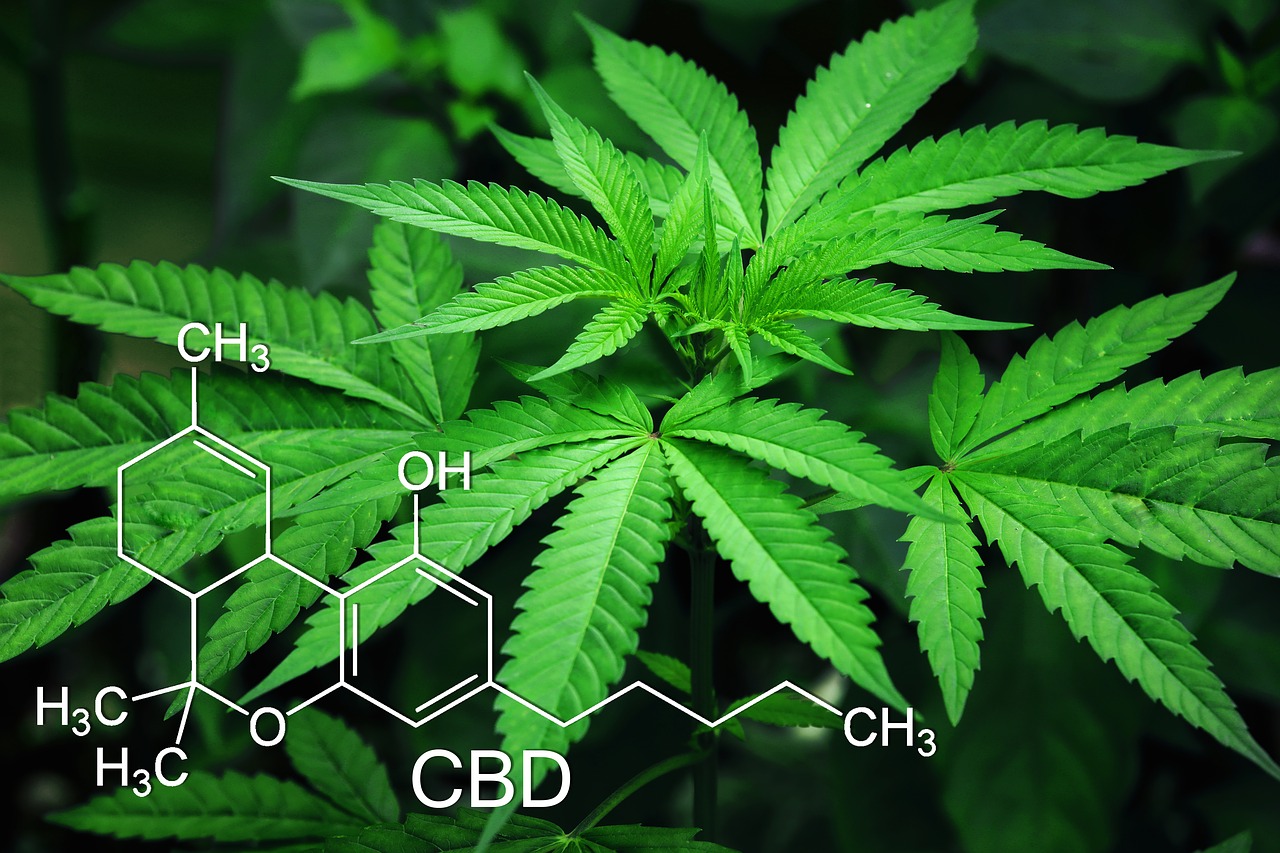If you are looking for a remedy for pain and are tired of using medications, you may consider using Cannabichromene CBC (CBC). CBC is an active compound found in cannabis that is used to treat many types of pain. It is also anti-inflammatory and anti-acne, and it works to alleviate the symptoms of neurodegeneration. It is best to ask your doctor about Cannabichromene CBC before taking a supplement.
Anti-Inflammatory
A cannabinoid with potent anti-inflammatory effects is cannabichromene CBC. The cannabinoid receptors CB1 and TRPV1 are thought to interact with it. Additionally, it has some effects on various additional cannabinoid receptor types. It is produced by particular plant enzymes and is available as cbc wholesale. It then breaks down through decarboxylation and conversion to cannabichromene carboxylic acid. This makes it a non-psychoactive cannabinoid. It is one of the major phytocannabinoids found in cannabis. It has a wide range of benefits, including neuroprotection. It is the third most abundant cannabinoid in generalized plant samples.
Despite its relatively low potency, it affects pain and inflammation positively. It has been shown to reduce the formation of pro-inflammatory cytokines and arachidonic acid. It may treat various diseases, such as arthritis and inflammatory bowel disease. It may even have the potential to fight cancer.
Pain Reliever
Cannabichromene (CBC) is one of the major phytocannabinoids found in marijuana plants. It is a non-psychoactive, analgesic, and anti-inflammatory agent that interacts with TRPV1 receptors. It also has neuroprotective properties and is helpful for stress management and pain relief.
CBC is produced by an enzymatic process from the precursor cannabigerol acid and is structurally similar to the other major cannabinoids in the cannabis plant.
While cannabichromene isn’t well studied, preliminary research suggests it may be a useful pain reliever. However, more studies are necessary to establish its precise effect on pain and how it might be used to treat specific health conditions.
Anti-Diarrheal
Cannabichromene, or CBC, is a non-psychoactive phytocannabinoid discovered in the 1960s. It is the precursor to cannabichromene acid (THCA). However, CBC doesn’t act on cannabinoid receptors in the same way that THC does. Nevertheless, CBC has various health benefits, including antibacterial and anti-inflammatory properties.
Cannabichromene is found in cannabis plants and is used in medicine for its anti-inflammatory and analgesic effects. CBC is also believed to play a role in the development of brain cells. Moreover, it has been shown to have a strong anti-inflammatory effect in animal studies.
In the intestine, CBC has been shown to reduce intestinal hypermotility. CBC inhibits contractions in healthy intestines and inflamed ones. In addition, CBC acts as an antagonist at beta-arrestin.
Anti-Acne
Cannabichromene (CBC) is a phytocannabinoid that is produced in the glandular trichomes of the cannabis plant. It is a precursor to cannabichromene acid, the precursor to cannabinoid acids such as tetrahydrocannabinol (THC) and cannabidiol (CBD).
Several types of skin disorders can result from inflammation. This includes acne, characterized by excessive sebum production and inflammation of the sebaceous glands. Unlike THC, CBC is not psychoactive, and it is not intoxicating. However, it has been found to have anti-inflammatory properties, which makes it a potential acne treatment.
Neurodegeneration
If you’ve ever read about cannabinoids, you’ve probably heard about their neuroprotective properties. In a study, CBC was found to decrease the levels of arachidonic acid, a fatty acid found in the human body. This anti-inflammatory effect was more pronounced when CBC was combined with THC. Cannabinoids have shown promise as treatments for many ailments, including depression and inflammation. This means they could play an important role in treating neurodegenerative diseases. Besides being an antioxidant, it’s also known to be a pain reliever.

